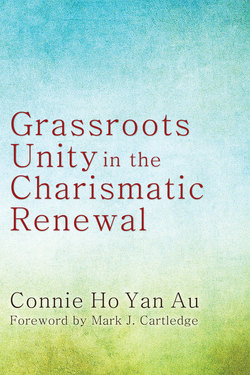Описание книги
This book explores the nature of grassroots unity in the British charismatic renewal in the 1970s and its significance to ecumenism. The study is based on the five international conferences of the Fountain Trust and focuses on two grassroots activities: worship in general and the celebration of the Eucharist in particular. Worship in this setting nurtured unity through charisms, but the Eucharist exposed the inadequacy of this grassroots unity because of doctrinal and ecclesiological differences.
This book aims to suggest a way forward by searching for the complementarity of institution and charisms, and Christology and Pneumatology in a charismatic context. It argues that the two emphases of the charismatic renewal, charisms, and the Holy Spirit, complement the institutional commitments of the church and ecumenism. The concepts of Christus praesens and Spiriti praesens are considered intrinsic to the charisms, and thus Christology and Pneumatology should both be considered significant for ecumenism. The study finally discusses the complementarity of ecumenical institutions and the charismatic renewal, the convergence of ecumenical streams, and continuity in modern ecumenical history.
This book aims to suggest a way forward by searching for the complementarity of institution and charisms, and Christology and Pneumatology in a charismatic context. It argues that the two emphases of the charismatic renewal, charisms, and the Holy Spirit, complement the institutional commitments of the church and ecumenism. The concepts of Christus praesens and Spiriti praesens are considered intrinsic to the charisms, and thus Christology and Pneumatology should both be considered significant for ecumenism. The study finally discusses the complementarity of ecumenical institutions and the charismatic renewal, the convergence of ecumenical streams, and continuity in modern ecumenical history.
